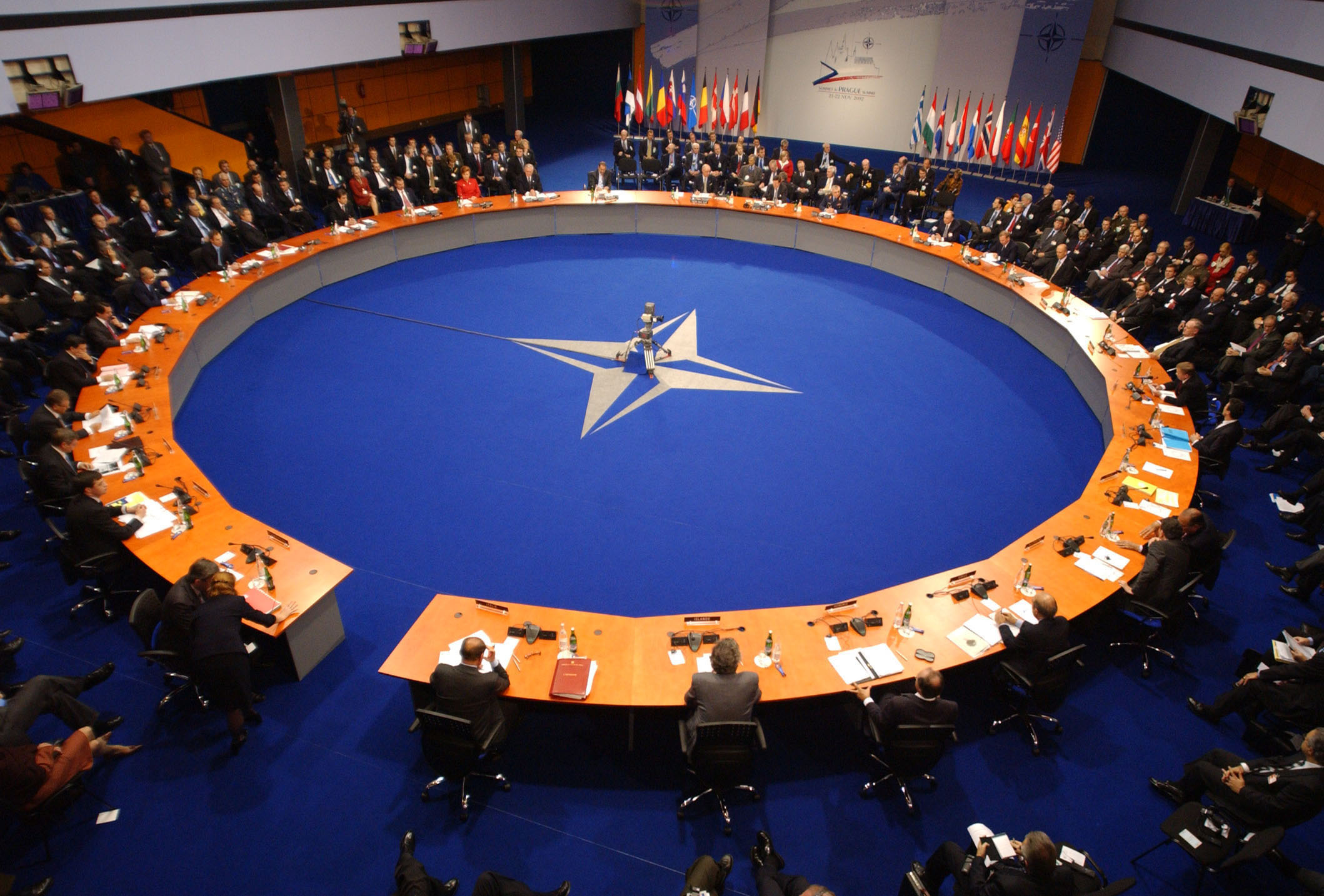Amid Major Crises Africa Needs as Much Help as Possible
 Op-Ed by Emily Thompson
Op-Ed by Emily Thompson
Several critical issues today affect the continent of Africa, particularly the severe humanitarian crises that have emerged from conflicts, natural disasters, and disease outbreaks.
The conflict between the Sudanese Armed Forces (SAF) and the Rapid Support Forces (RSF) that began in April 2023 has spiraled into a massive humanitarian crisis. It has led to one of the world’s largest displacement crises, with over six million people internally displaced. The widespread impact of the conflict has left approximately half of Sudan’s population—nearly 25 million people—in desperate need of humanitarian assistance. This situation underscores the devastating effects of armed conflict on civilian populations, exacerbating the need for international humanitarian aid and intervention.
The crisis in Sudan is not isolated, as it affects neighboring countries like Chad, South Sudan, Ethiopia, and Egypt. These countries face challenges related to the influx of refugees, straining already limited resources, and exacerbating regional instability.
The Greater Horn of Africa, a large peninsula and geopolitical region in East Africa composed of Somalia, Djibouti, Ethiopia, Eritrea and Somaliland, is experiencing a dire humanitarian situation, with approximately 50 million people facing acute food insecurity. Conflicts, prolonged droughts, and flooding are the primary drivers behind the displacement of over 19 million individuals. The situation is critical, highlighting the intersection of climate change, conflict, and food systems’ vulnerabilities, requiring comprehensive and sustained international support.
Disease outbreaks pose a significant health threat across several African countries. Cholera outbreaks in South Sudan, alongside Ethiopia’s battle with the disease, reflect the challenges in managing waterborne illnesses. Additionally, measles, malaria, and dengue fever outbreaks in seven countries, including Ethiopia, indicate a broader public health crisis exacerbated by inadequate healthcare infrastructure, environmental factors, and mobility due to conflicts and natural disasters.
The international community has responded to these crises by offering assistance.
The European Union’s financial contributions, including €600,000 to South Sudan for cholera outbreak preparedness and €1 million to Ethiopia for cholera epidemic management, represent a part of the international effort to address these crises.
The EU provides significant humanitarian aid to African countries facing emergencies due to conflicts, natural disasters, and disease outbreaks. The European Civil Protection and Humanitarian Aid Operations (ECHO) is instrumental in delivering emergency assistance, including food aid, shelter, healthcare, and support for refugees and internally displaced persons.
The European Development Fund (EDF) is one of the main instruments for providing aid to African, Caribbean, and Pacific (ACP) countries, focusing on economic development, social and human development, and regional cooperation and integration.
The Africa-EU Partnership covers a wide range of areas, including democratic governance, human rights, economic growth, sustainable development, peace and security, and migration and mobility.
The United States has also been actively involved in providing assistance to Africa through various initiatives aimed at addressing the continent’s humanitarian, developmental, and security challenges.
The U.S. government, through agencies such as the U.S. Agency for International Development (USAID) and the State Department, provides substantial emergency aid to African countries facing crises due to conflicts, natural disasters, and disease outbreaks. This aid includes food assistance, emergency healthcare, support for refugees and displaced persons, and aid during epidemics.
The President’s Emergency Plan for AIDS Relief (PEPFAR) is a significant U.S. initiative that has played a crucial role in combating HIV/AIDS in Africa through funding for antiretroviral treatment, prevention programs, and health system strengthening. PEPFAR is aimed at saving lives, preventing HIV infections, and accelerating progress toward achieving HIV/AIDS pandemic control in more than 50 countries around the world.
The U.S. also supports efforts to combat malaria, tuberculosis, and emerging health threats through contributions to global funds and direct support to health programs in African countries.
AGOA: The African Growth and Opportunity Act (AGOA) provides sub-Saharan African countries with duty-free access to the U.S. market, contingent on meeting certain eligibility requirements related to human rights, good governance, and labor standards. AGOA aims to stimulate economic development and encourage economic and trade relations between the U.S. and Africa.
Power Africa is another initiative that focuses on increasing access to electricity in sub-Saharan Africa, aiming to add more than 30,000 megawatts of cleaner, more efficient electricity generation capacity and expand electric access to millions of households.
The U.S. also cooperates with African nations on security matters, including counterterrorism efforts and military training, to address threats and promote stability. This cooperation often involves training African military forces, intelligence sharing, and logistical support.
The U.S. supports various programs aimed at combating climate change, promoting sustainable development, and conserving wildlife in Africa. These efforts include funding for renewable energy projects, conservation of natural habitats, and support for communities affected by climate change.
The U.S.’s involvement in Africa is multifaceted, reflecting the complex nature of the continent’s challenges. The commitment to providing aid and fostering development and stability in Africa demonstrates the strategic importance of Africa on the global stage and the recognition of the interconnectedness of global health, security, and economic prosperity.
However, these contributions also highlight the need for more substantial and coordinated global action to tackle the root causes and symptoms of these humanitarian disasters.
The crises in Africa represent a complex interplay of human conflict, environmental disasters, and health crises. These challenges demand a broad and unified response from the international community, combining immediate humanitarian aid from several directions with long-term strategies for peace, stability, and sustainable development.
Become a Patron!
Or support us at SubscribeStar
Donate cryptocurrency HERE
Subscribe to Activist Post for truth, peace, and freedom news. Follow us on SoMee, Telegram, HIVE, Minds, MeWe, Twitter – X, Gab, and What Really Happened.
Provide, Protect and Profit from what’s coming! Get a free issue of Counter Markets today.



